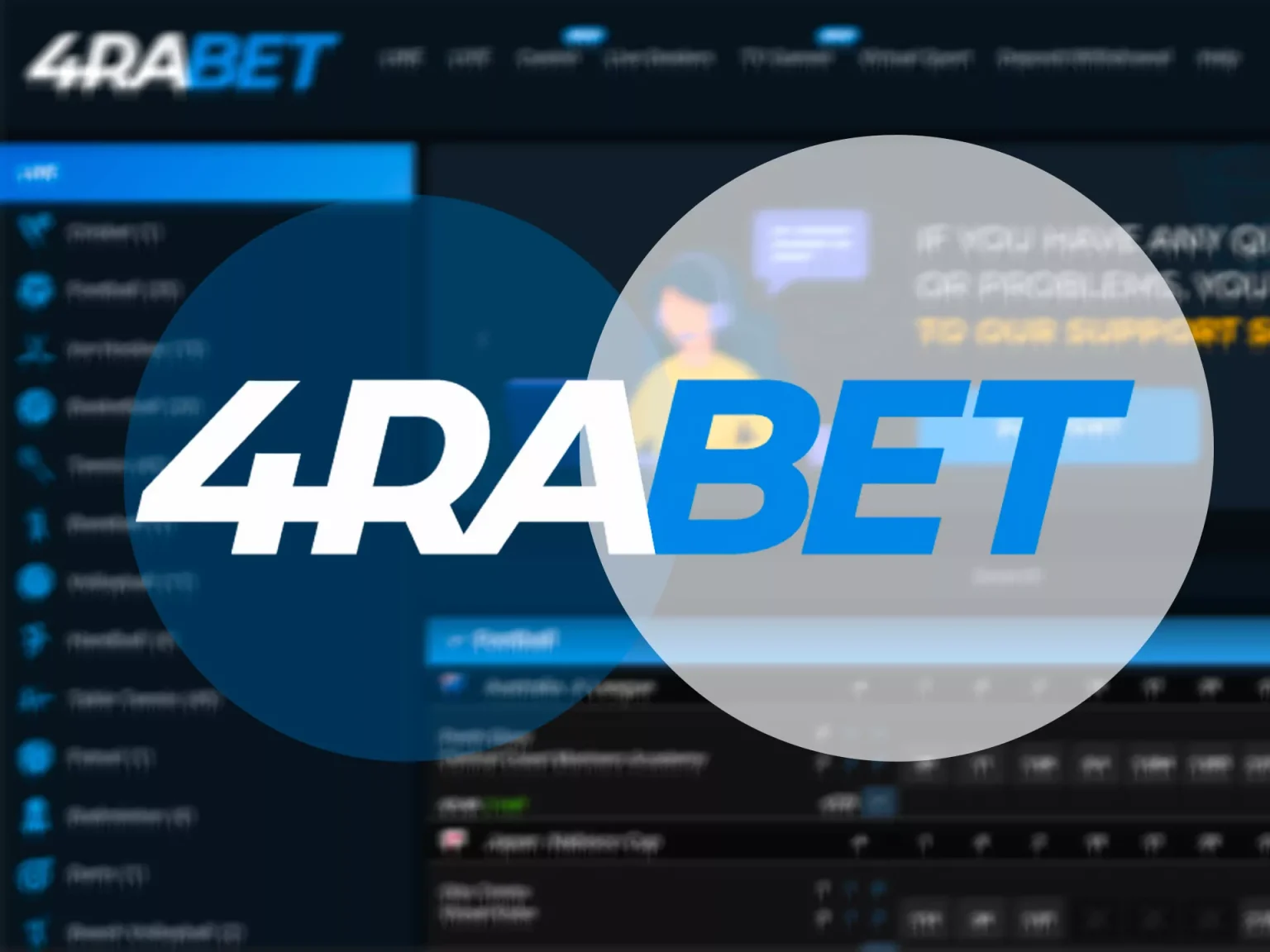The Ethics of Online Gambling Advertising
Online gambling has become a ubiquitous part of the digital landscape, with numerous platforms and websites offering a wide range of games and betting options. One such platform is 4ra bet, which provides users with an array of gambling opportunities. However, the rise of online gambling has also raised concerns about the ethics of advertising these services. In this article, we will delve into the world of online gambling advertising and explore the ethical implications of promoting these services.
The Prevalence of Online Gambling Advertising
Online gambling advertising is everywhere, from social media platforms to sports events and even on our favorite TV shows. The ads often feature enticing offers, such as free bets and bonuses, designed to lure in new customers. However, these ads can be misleading and may not accurately represent the risks associated with online gambling. Furthermore, the ads often target vulnerable individuals, such as those with a history of addiction or financial difficulties. The use of 4ra bet and other online gambling platforms can be particularly problematic in these cases, as they can exacerbate existing issues.
Regulations and Guidelines
In recent years, there has been a growing recognition of the need for stricter regulations and guidelines on online gambling advertising. Many countries have introduced laws and regulations aimed at protecting consumers and preventing the exploitation of vulnerable individuals. For example, the UK's Gambling Commission has introduced rules requiring online gambling operators to provide clear and transparent information about their services, including the risks associated with gambling. Similarly, the Australian government has introduced laws banning the advertising of online gambling services during live sports events.
The Impact of Online Gambling Advertising on Society
The impact of online gambling advertising on society is a complex and multifaceted issue. On the one hand, online gambling can provide a source of entertainment and leisure for many people. However, it can also have negative consequences, such as addiction, financial difficulties, and social problems. The advertising of online gambling services can exacerbate these issues, particularly if it is targeted at vulnerable individuals. Furthermore, the normalization of online gambling through advertising can contribute to a culture of gambling, where it is seen as a normal and acceptable activity.
The Role of Social Media in Online Gambling Advertising
Social media platforms, such as Facebook and Twitter, have become key channels for online gambling advertising. These platforms provide advertisers with a range of tools and techniques for targeting specific audiences and promoting their services. However, social media platforms have also been criticized for their role in facilitating online gambling advertising, particularly in relation to the protection of vulnerable individuals. For example, a study found that social media platforms were often used to promote online gambling services to children and young people, despite the fact that these individuals are not legally allowed to gamble.
Responsible Gambling Practices
Responsible gambling practices are essential for minimizing the negative consequences of online gambling. These practices include providing clear and transparent information about the risks associated with gambling, as well as offering tools and resources to help individuals manage their gambling behavior. Online gambling operators, such as 4ra bet, have a responsibility to promote responsible gambling practices and to protect their customers from the risks associated with online gambling. This can include providing features such as deposit limits, self-exclusion, and reality checks, as well as offering support and resources for individuals who may be experiencing problems with their gambling.
Conclusion
In conclusion, the ethics of online gambling advertising is a complex and multifaceted issue. While online gambling can provide a source of entertainment and leisure for many people, it can also have negative consequences, such as addiction, financial difficulties, and social problems. The advertising of online gambling services can exacerbate these issues, particularly if it is targeted at vulnerable individuals. Therefore, it is essential that online gambling operators, regulators, and social media platforms work together to promote responsible gambling practices and to protect consumers from the risks associated with online gambling.


